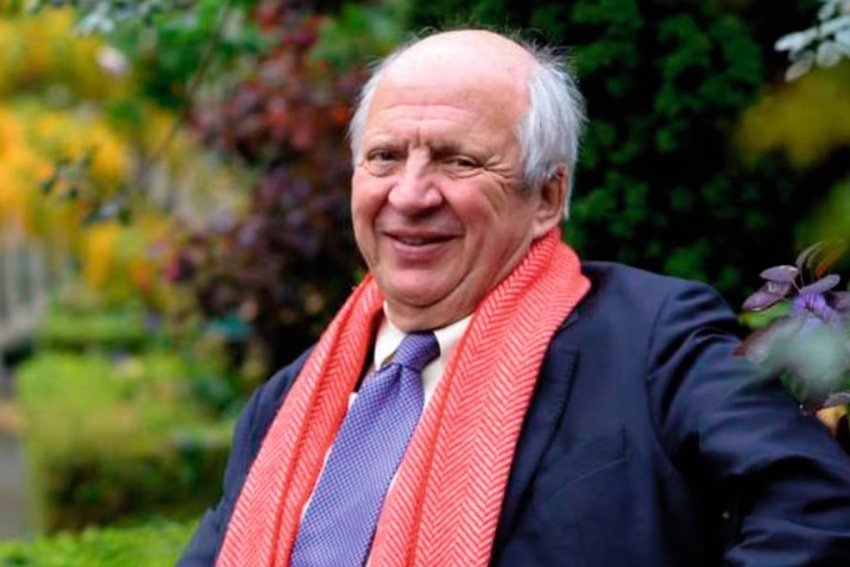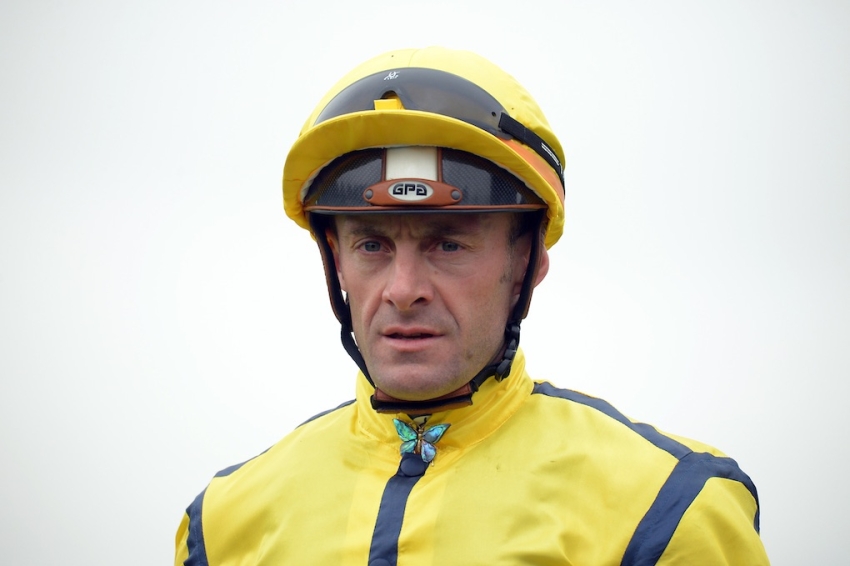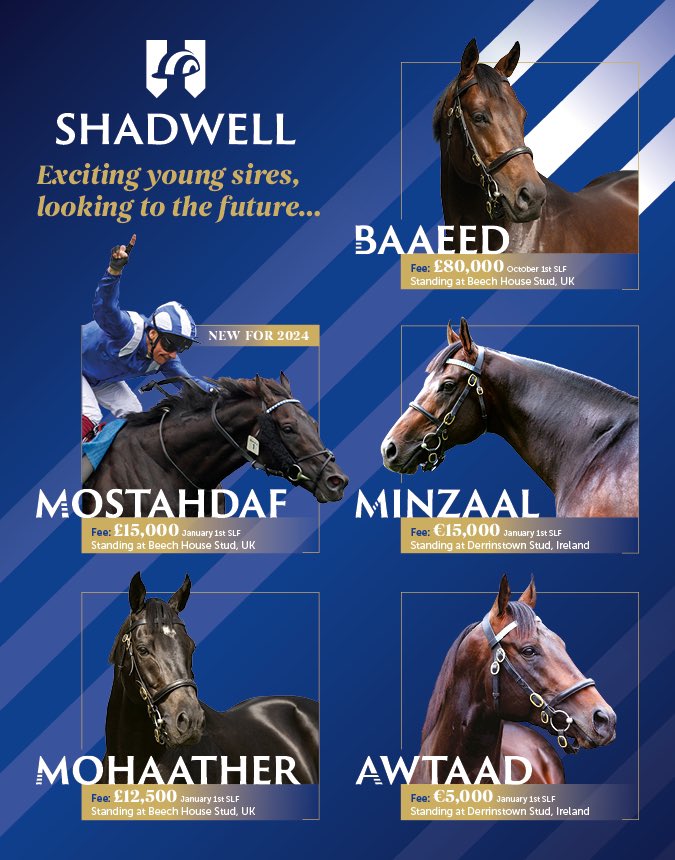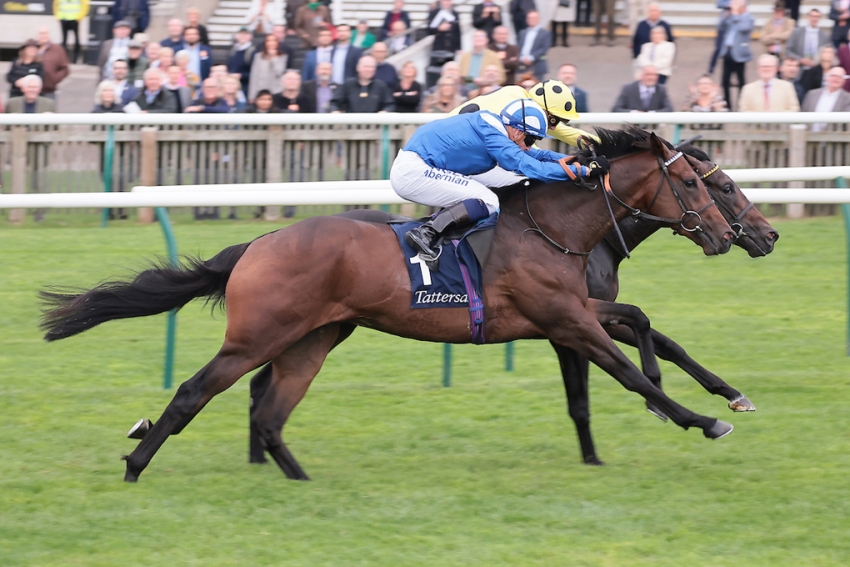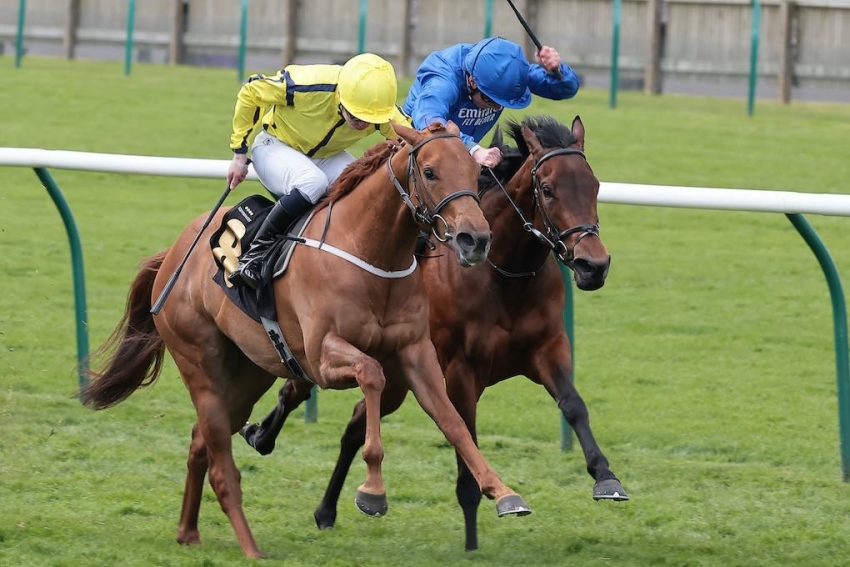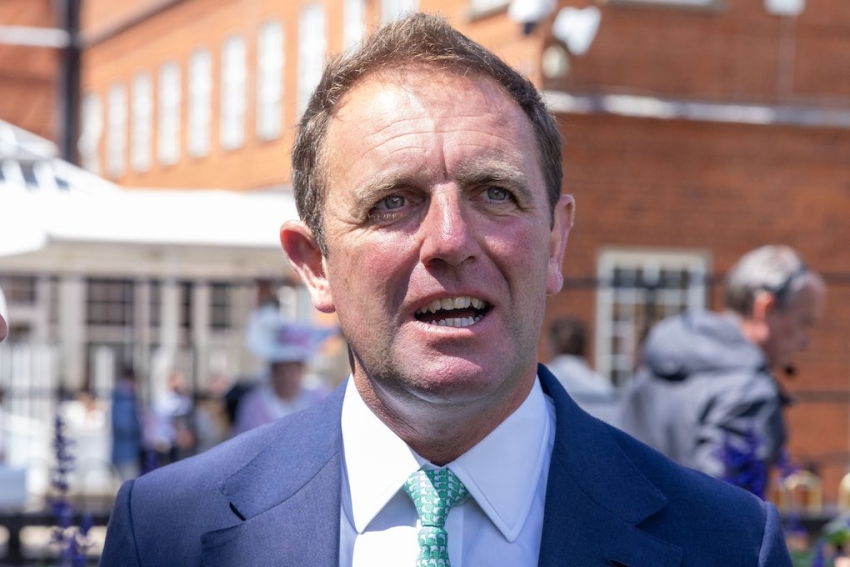Howard Wright -
Sometimes, someone comes along to touch lives beyond their family and friends, influencing people who may not even realise they have been affected. Jonathan Irwin, who died a fortnight ago, aged 82, was one such person. Irwin had not been seriously involved with horseracing for the best part of the last 30 years, as one major philanthropic project consumed his passion and time, but when the next Goffs Dubai Breeze-Up Sales is staged, vendors and buyers can give a nod of thanks to Irwin. Born into an Anglo-Irish family steeped in acting, Irwin spent his early childhood in England and was educated at Eton and then Trinity College in Dublin. His studies were greatly overshadowed by his interest in racing, which led to Tim Vigors, a friend of his mother, asking him to join his Dublin bloodstock agency.
The paltry weekly wage at which Irwin started was more than offset by the experience of working with Vigors, who later sold his stud to John Magnier and thus started the Coolmore dynasty, and his business partner Tom Cooper, father of Alan, later and still the Niarchos family’s racing manager, and Diana, a Godolphin stalwart from the start of the operation and currently in charge of its charity arm. Irwin himself remained in Ireland when Vigors moved to England and sold the business, which was renamed the British Bloodstock Agency (Ireland). Fifteen years later, in 1974, he was approached to run Goffs, a small bloodstock sales company on the verge of bankruptcy and facing a decision by its landlords to sell the showground site, with no suitable alternative on the horizon.
Irwin took on the task, and having raised finance, Goffs moved to new premises, where a purpose-built complex set the trend for increased business, where turnover increased from £3.2m in his first year, 1975, to £44m by the time he left the company in 1989. Much of the success was built on Irwin’s charisma, which prompted his son Pirate to describe him as “the Phileas T Barnum of racing.” Bid spotters who shouted to attract attention, international guest auctioneers, black-tie select sales and the first multicurrency bid board at any auction in the world: they were all Irwin innovations that enabled Goffs regularly to set European records for yearling sales. He branched into racecourse and racing administration, working with Britain’s top operator John Sanderson to rescue Phoenix Park from near oblivion in the 1980s.
A business model backed by partners that included Vincent O’Brien and Robert Sangster introduced what one commentator described as “a carnival atmosphere and rare vibrancy”, aided by sponsorship of every race, Europe’s richest race - the Cartier Million – and the establishment of the Irish Champion Stakes. The Phoenix Park experience proved to be short-lived, as O’Brien and partners found the burden of racecourse ownership too great to balance against increasing competition in the bloodstock world, but one of Irwin’s other initiatives, the Irish Stallion Incentive Scheme, lived on and blossomed as the European Breeders Fund.
However, 1996 marked the year that a family trauma befell Irwin and his second wife Mary Ann O’Brien, which took him away from racing almost altogether. Their son Jack was born with severe brain damage, and the experience of caring for the youngster persuaded them to set up the Jack and Jill Foundation to provide home health care for severely sick babies. And so to a personal connection that proves a point about being touched by Irwin’s influence. Back in the mid-1960s, shortly after I entered the world of racing journalism, I was asked to contribute to a monthly magazine, The Irish Horseman, run by Irwin. It covered all aspects of the sport, with news and features, written by a breadth of international correspondents. Not unlike AR+.



